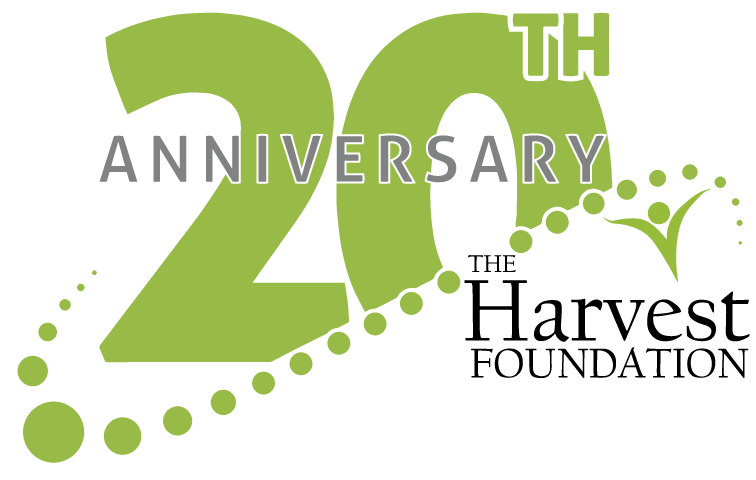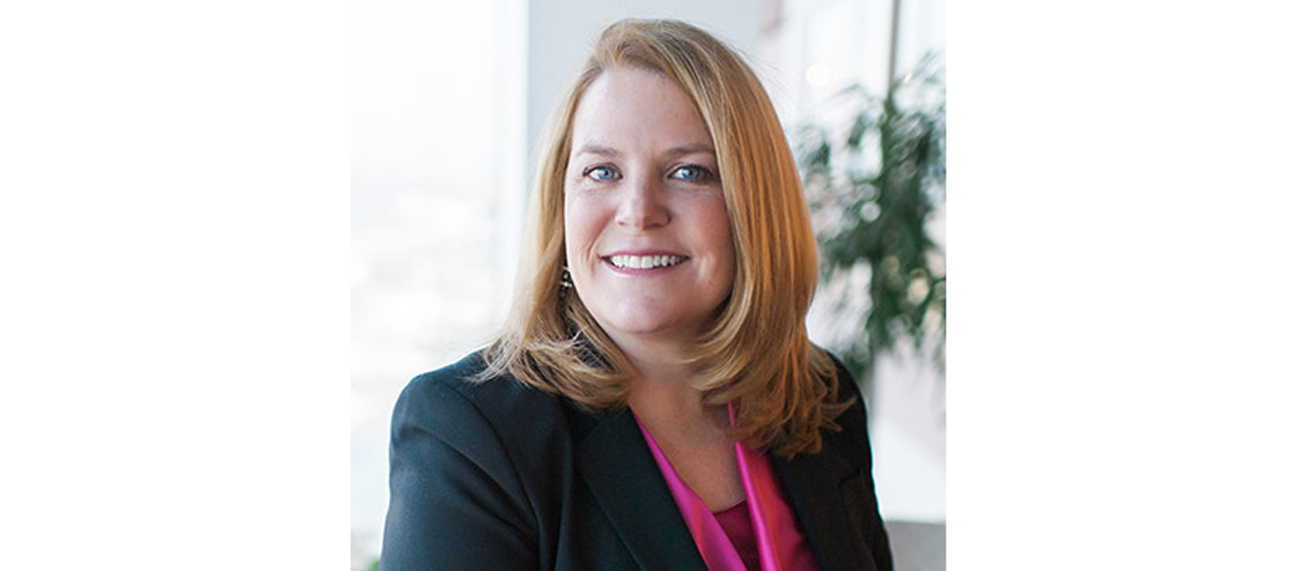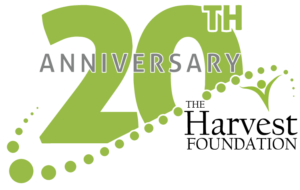Pictured above: Kate Keller
What goes through your mind when I say “Life’s not fair?” For me, it’s my mom saying that when I wanted Guess jeans or a sweater from the Limited because “all of the other girls have them.” Or today, when my kids complain that they don’t have the newest iPhone or a new gaming system. It’s a lesson you learn early and it rears its head throughout your life.
This is a statement that can be heard when people talk about diversity, equity, and inclusion (DEI). That life isn’t fair and people should “get over it.” Whatever “it” is. First, let me say that I am not an expert on DEI. I have no formal training and no publications on the matter. However, I have spent many years thinking and learning about DEI and making changes where I can — personally and professionally.
Most people are familiar with the diversity and inclusion language, but equity is new to many. Equity does not mean equal. A simple analogy: Equal means all people get the same size and type shoe; Equity means all people get the shoe that fits and for the purpose that is needed.
Now, I will agree with everyone that life is not fair. But what I have learned is that our systems and policies are not always fair and those things (unlike life) are things we have control over. At the national level, all legal adults can vote, women can go to college, get jobs and a mortgage, buildings are accessible for people with disabilities, and companies cannot discriminate based on race. These changes occurred because an unfairness in the law was identified and changed.
Laws are not all that can be changed, but organizational practices that create unfairness or disparities. Many companies focus on increasing base wages, equal pay for women and people of color, and intentional coaching and development to diversify their leadership. These companies have learned that a diverse organization is not only the right thing to do but is good for the bottom line.
I’m telling you this because this month Harvest is beginning its Equity Journey. We are working with CommonHealth Action, a DEI consulting firm, to assess Harvest’s culture and practices, to educate our staff and board about DEI, and to help us create an equitable path forward. We’re not immune to what’s happening across the country, so in order to do our job effectively, I believe that it is important for us to assess and look inward before we look outward.
This is the first step, which means we have a lot to accomplish. But we’re confident this experience will improve access and opportunity for all members of our community, and help us see the world through an equitable lens.



